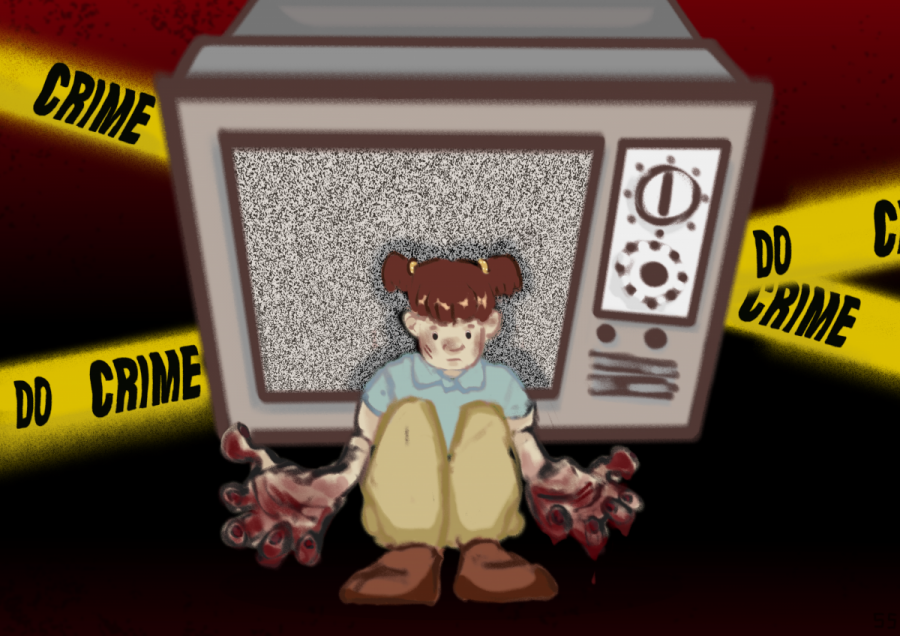True crime: Interest or unhealthy obsession?
Consuming murder for breakfast is not the right way to honour victims
If you’ve ever felt ashamed of something trivial you've done in the past, or felt as if the whole world was against you, remember—even the worst kinds of people have their supporters
From notorious criminals to murderers, everyone has fans.
The obsession with true crime is real, and it has only grown in popularity over the past few years. YouTube is filled with creators who casually discuss the most gruesome murder cases while doing their makeup—blush, torture, lipstick shade, cause of death. Does it sound insensitive? It just might be.
While this trend has died down somewhat due to growing criticism over the lack of sensitivity toward victims' families, it doesn’t change the fact that the true crime genre continues to profit from these horrific cases—often cutting corners to maximize gains.
An example is Netflix's Jeffrey Dahmer documentary. Many victims' families weren’t informed about the documentary’s release until after it aired and were traumatized reliving the events. Not mentioning that it wasn’t the first time a retelling of this case had been released as a series.
More recently, Netflix's May December, a fictional movie involving a teacher who preyed on a young boy, sparked controversy for its strong resemblance to a real-life case. The film, which came out in 2023 and gained traction in 2024, drew criticism from real-life victim Vili Fualaau. Fualaau expressed his frustration with the media for not reaching out despite the story closely resembling his own.
Big corporations do this all the time, but what does that say about the audience? Who are they catering to?
Why are we so obsessed with true crime? What is this fascination with the violence? I’m not here to conduct my own scientific research, but from what others suggest, our fascination seems to stem from an evolutionary instinct. We seek out the details of such horrors as a way to better protect ourselves and those around us. We’re driven by a desire to understand the motives of these individuals and how such events unfold; knowledge is power.
It turns out there's even a term for people who fawn over criminals like Ted Bundy: hybristophilia, which describes an attraction to individuals who have committed heinous crimes.
Another theory suggests it may be the ability to control our fear in a safe environment. Experiencing the intense emotions that come with each new episode of our favourite podcast can be incredibly appealing, perhaps even a little addictive.
Yet, I still can’t justify the popularity of these stories. Sure, I indulge in celebrity drama or other cases to get that rush of adrenaline, but becoming desensitized to the point where you find comfort in listening to horrors just doesn’t feel right.
Fictional books and movies exist for a reason, but when it comes to real-life stories with real victims, is it appropriate to use these as entertainment? Where do we draw the line?
Additionally, murderers often get more media attention than their victims, overshadowing the true impact of these tragedies. A recent study in the Proceedings of the National Academy of Sciences journal looked at 189 mass shootings in the U.S. over the past two decades. Researchers found that many of these attacks were carried out with the goal of gaining fame.
Unfortunately, there still is not enough research conducted on the subject matter to explain the exact cause of this true crime obsession. It gets harder to define the line between awareness and sensationalism.
Normalizing or even romanticizing atrocities certainly won’t bring peace to anyone—not even yourself.
This article originally appeared in Volume 45, Issue 2, published September 17, 2024.




_600_375_90_s_c1.JPG)

